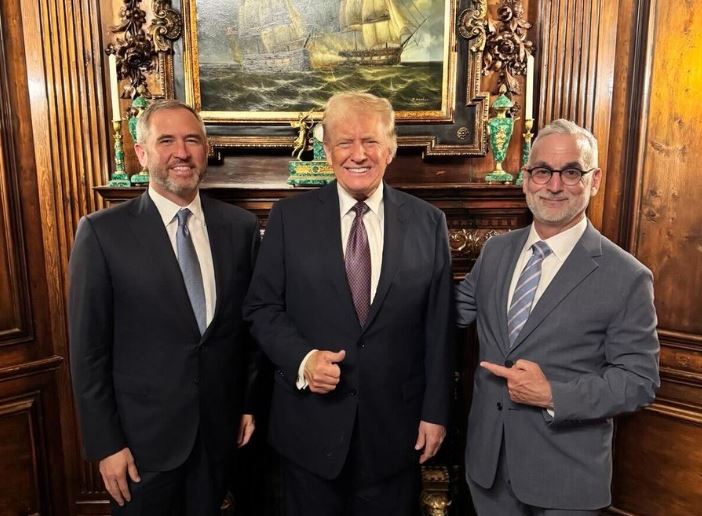Ripple Chief Legal Officer Stuart Alderoty has called on Washington to act swiftly in providing comprehensive U.S. cryptocurrency regulations, warning that hesitation could push innovation abroad. In an op-ed for RealClearMarkets, Alderoty emphasized that the Securities and Exchange Commission (SEC) has, for the first time, listed “crypto clarity” among its top priorities — a sign that predictable oversight is both urgent and attainable.
Alderoty, who also serves as president of the National Cryptocurrency Association (NCA), argued that digital assets are no longer a niche sector but a mainstream financial reality. He cited a Harris Poll conducted with the NCA showing that nearly 20% of American adults own cryptocurrency. However, a Pew Research study revealed that most Americans remain skeptical about the safety and reliability of current crypto platforms, while a YouGov poll indicated strong public support for tighter regulation.
The scale of crypto adoption further underscores the need for clear rules. According to Chainalysis, U.S. residents transacted over $1 trillion in digital assets during 2024, spanning uses from payments to long-term savings. Alderoty stressed that the absence of consistent regulation will not diminish this activity but instead drive it offshore to jurisdictions offering greater clarity.
The NCA, launched in March 2025 with a $50 million grant from Ripple, aims to improve crypto literacy and safe adoption by providing accessible resources. Its research suggests that most existing crypto users want to deepen their understanding of blockchain technology.
With Congress currently weighing broader market-structure reforms following the passage of a stablecoin law this summer, Alderoty sees the upcoming legislative session as a pivotal moment. He urged lawmakers to “finish the job on crypto clarity,” noting that clear rules would protect consumers, foster responsible innovation, and secure U.S. leadership in building future financial infrastructure. Without such action, he warned, the nation risks losing its competitive edge in shaping global digital finance.




























Comment 0